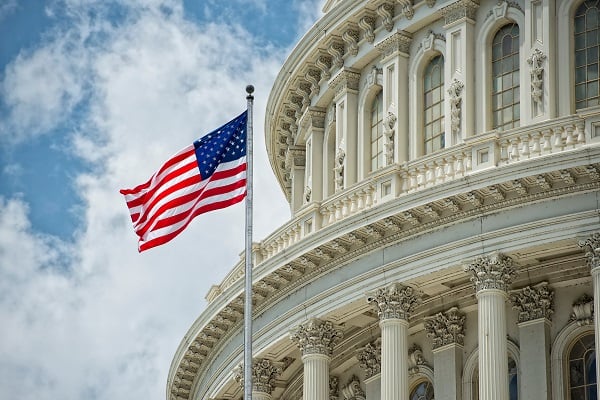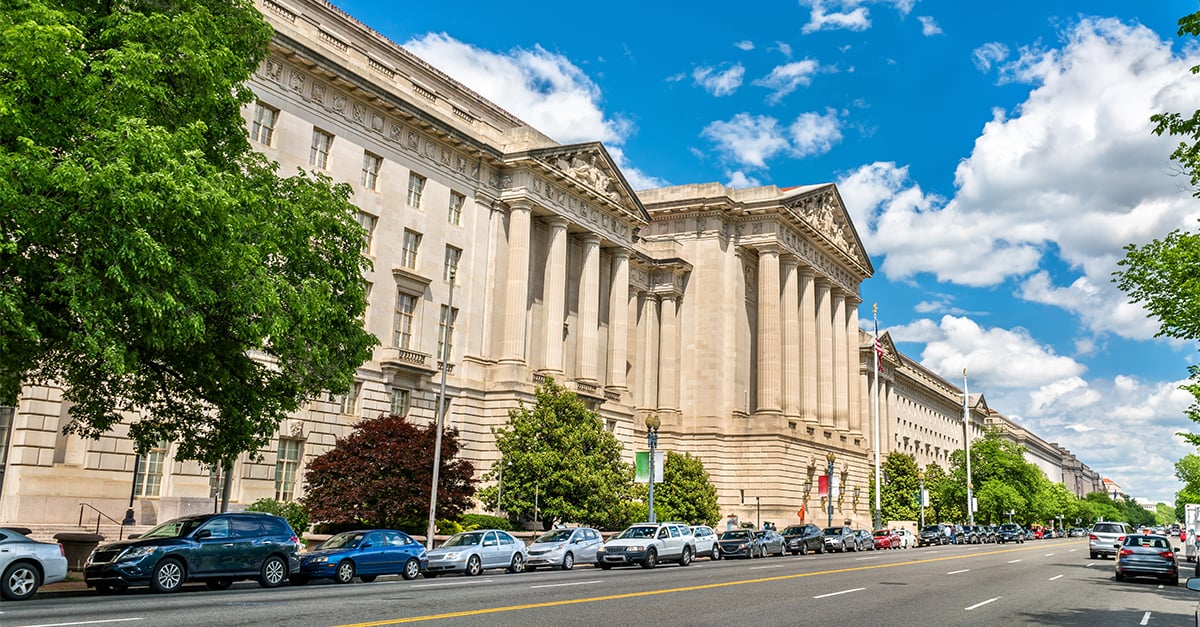
H.R.1: What You Should Know About the Environmental and Energy Provisions in the “One Big Beautiful Bill” Act
On July 4, President Trump signed H.R.1—the “One Big Beautiful Bill,” referred to as the OBBB—into law. This sweeping tax and policy law, enacted through the process of budget reconciliation requiring a simple majority vote by Congress, carries significant implications for environmental funding, clean energy development, and climate-related programs administered by the U.S. Environmental Protection Agency (EPA), as well as the tax code. Much of the provisions affect programs and funding originally authorized under the 2022 Inflation Reduction Act (“IRA”), which was former President Biden’s signature budget reconciliation bill. Below, we outline some of the key features of the OBBB environmental and energy provisions.
Congress Eliminates Corporate Average Fuel Economy (CAFE) Penalties for Passenger Cars and Light Trucks
In one of its many changes, the One Big Beautiful Bill Act, enacted on July 4, 2025, eliminated civil penalties for noncompliance with federal fuel economy standards. Specifically, Section 40006 of the Act amends the language of the Corporate Average Fuel Economy (CAFE) statute to reset the maximum civil penalty to $0.00. Although the statute and its implementing regulations otherwise remain in place, this amendment removes any civil penalties for producing passenger cars and light trucks that do not meet fuel economy requirements.

New York Proposes Mandatory Greenhouse Gas Reporting Rule
Last month, the New York State Department of Environmental Conservation (DEC) announced that it is considering a rule that would subject certain greenhouse gas (GHG) emissions sources to a mandatory reporting rule. This proposed rule aims to collect comprehensive emissions data from large GHG emitters across the state. Although the rule only proposes to impose reporting requirements, DEC has announced plans to use the information obtained to develop further strategies to reduce GHG emissions and direct investments to renewable energy alternatives.
The Future of Environmental Review of Federal Permitting Remains Unsteady as White House Seeks to Rescind NEPA Regulations
On February 19, 2025, the Council on Environmental Quality (CEQ) submitted a proposed Interim Final Rule rescinding its regulations implementing the National Environmental Policy Act (NEPA). The Rule will become effective 45 days after its publication in the Federal Register, marking the end of nearly 50 years of CEQ regulations serving as the foundation for federal environmental reviews. This Interim Rule comes right at the deadline set by President Trump’s Executive Order (EO) 14154—Unleashing American Energy—which rescinded CEQ’s authority to issue NEPA regulations and revoked President Carter’s EO 11991, which had originally directed CEQ to promulgate implementing regulations.

Top 5 Energy Actions You Should Know from President Trump’s First Day
On January 20, 2025, President Trump began his second term with the signing of 26 executive orders (EOs), which included the recission of almost 80 EOs of the previous administration. Trump’s orders contain both repeals of key Biden Administration policies and calls to agency action to reassess treatment of major energy issues associated with domestic energy production. Here are the top five actions to know from President Trump’s first day as the new administration begins its reshaping of U.S. energy policy for his second term in office.
Federal Government Withdraws Proposed Climate Disclosure Requirements for Federal Contractors
On January 13, 2025, the federal government withdrew a proposed rule that would have required government contractors to publicly disclose their greenhouse gas (GHG) emissions and set emissions reduction goals. The withdrawal comes on the eve of the transition to the second Trump administration, which is expected to take a very different approach to climate regulation and disclosure than has been advanced during the Biden administration.

EPA Publishes First-Of-Its-Kind Framework for Considering Cumulative Impacts Across Agency Actions
On November 21, 2024, the U.S. Environmental Protection Agency (EPA) published Notice of a newly developed draft framework intended to provide all EPA programs with a shared reference point for determining when and how to analyze or consider cumulative impacts—defined broadly to include the totality of exposures to combinations of environmental stressors and their effects on health and quality-of-life outcomes. Keeping pace with the Biden administration EPA’s environmental justice drive, key goals of the Interim Framework for Advancing Consideration of Cumulative Impacts include empowering EPA to (1) more fully and accurately characterize the realities communities face, (2) pinpoint the levers of decision making and identify opportunities for interventions that improve health and quality of life while advancing equity, and (3) increase meaningful engagement, improve transparency, and center actions on improving health and environmental conditions in communities.

District of North Dakota Halts Bureau of Land Management’s Venting and Flaring Rule
On Thursday, September 12, 2024, Judge Daniel Traynor of the U.S. District Court for the District of North Dakota granted a preliminary injunction sought by North Dakota, Montana, Texas, Wyoming, and Utah (the States) to halt the April 2024 “Waste Prevention, Production Subject to Royalties, and Resource Conservation” rule from the Bureau of Land Management (BLM), which mandates that oil and gas well operators on federal land flare rather than vent excess methane gas. The April 2024 rule revised a 2016 BLM rule that the District of Wyoming vacated in 2020. The States raised a number of challenges to the April 2024 rule, arguing that it exceeded BLM’s statutory authority under, or violated, the Mineral Leasing Act, Federal Oil and Gas Royalty Management Act, Clean Air Act, and Federal Land Policy and Management Act and was otherwise arbitrary and capricious under the Administrative Procedure Act.

Recent Developments in U.S. EPA’s Hydrofluorocarbon Phasedown
There have been several recent developments in enforcement, litigation, and regulatory implementation of the U.S. Environmental Protection Agency (EPA) phasedown of hydrofluorocarbons (HFCs).
Vermont and New York Climate Acts are First in a Wave of Likely Climate Change Cost Recovery Laws
On May 30, 2024, Vermont’s Republican governor, Phil Scott, allowed Vermont’s S 259 — also referred to as the “Climate Superfund Act” — to become law without his signature. The stated goal of this law is to mitigate the impacts of climate change.


